‘A nationalistic approach to global issues does not work’
Your digest of analysis from the British and international press
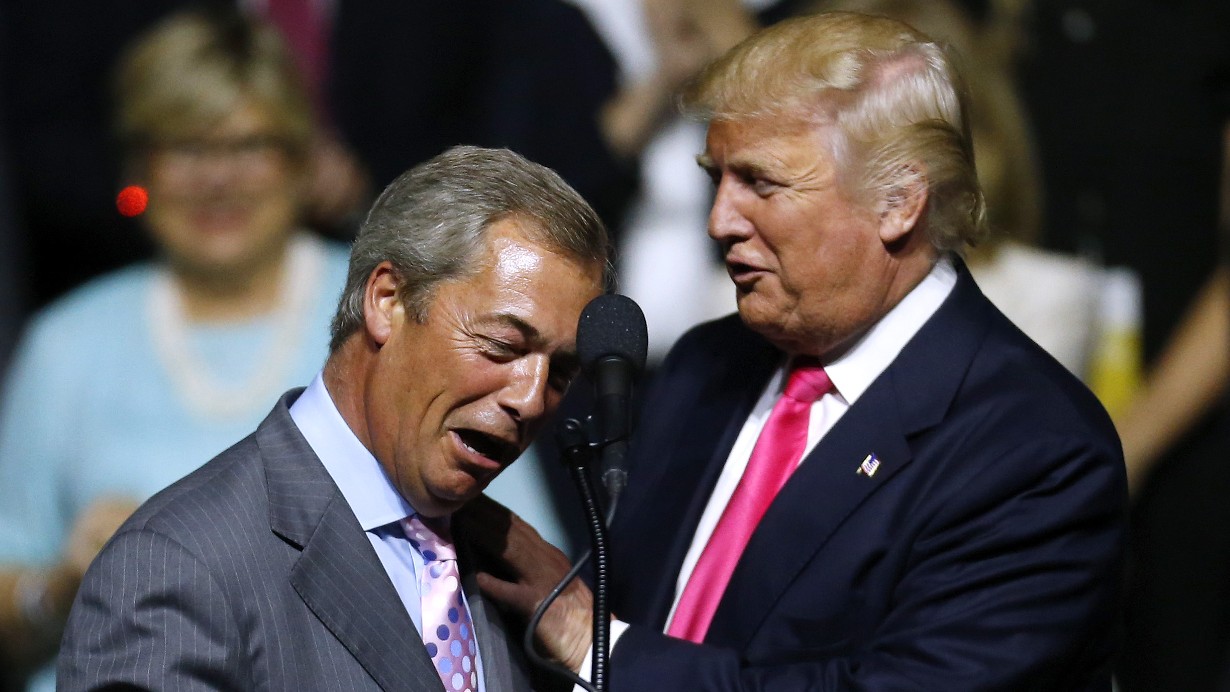
- 1. Nationalism is bankrupt and has no answers
- 2. There’s no going back to ‘normal’ – we just have to live with anxiety
- 3. Farewell to Jack Dorsey, the weirdest CEO in Silicon Valley. Twitter is a reflection of his nature
- 4. South China Sea should top the list for US-China ‘guardrails’
- 5. Why writers loved to feud
A free daily email with the biggest news stories of the day – and the best features from TheWeek.com
You are now subscribed
Your newsletter sign-up was successful
1. Nationalism is bankrupt and has no answers
William Hague in The Times
on dear diplomacy
William Hague wants to see more co-operation between nations. Recalling how, as foreign secretary, he would visit a “war-torn, godforsaken place thousands of miles from home”, he writes that “a lot of diplomacy” is “about preventing things that never happen” because “you only notice international co-operation when it’s gone missing”. Writing for The Times, he argues that “the more you see of the world’s problems, the more you understand Britain can never safely step out of them”. But “in recent years the rise of more nationalistic leaders and ideas in many places has weakened the deeper co-operation we always sought”. Never, he adds, “has it been clearer that the nationalistic, transactional approach to global issues does not work” and yet Donald Trump is “happily” plotting his return, Nigel Farage has warned that the migrant crisis might bring him back to politics, and far-right contenders jostle for the chance to displace Emmanuel Macron in France next year. “We have no choice but to work and lead globally,” he insists.
The Week
Escape your echo chamber. Get the facts behind the news, plus analysis from multiple perspectives.

Sign up for The Week's Free Newsletters
From our morning news briefing to a weekly Good News Newsletter, get the best of The Week delivered directly to your inbox.
From our morning news briefing to a weekly Good News Newsletter, get the best of The Week delivered directly to your inbox.
2. There’s no going back to ‘normal’ – we just have to live with anxiety
Suzanne Moore for The Telegraph
on the greatest denial
Suzanne Moore said she no longer believes “anyone who is certain” about the trajectory of the Covid pandemic. “All those who talk in absolutes, who stake out political positions based on pre-pandemic conditions, can safely be ignored,” she writes. “If the past two years have not enabled political parties, governments and pundits to see that new forms of cooperation rather than the resuscitation of old conflicts are necessary, then God help us all,” says The Telegraph columnist. She suggests that politicians “learn from scientists on this score”. With the rise of the Omicron variant, “the advice is muddled and we are confused once again”, she writes. But “the biggest denial has been clear right from the beginning of all this and that is the fantasy of a return to ‘normal’,” she adds. “Pandemics may burn themselves out, but it’s a matter of years, not months, and everyone’s life will have been affected.”
A free daily email with the biggest news stories of the day – and the best features from TheWeek.com
3. Farewell to Jack Dorsey, the weirdest CEO in Silicon Valley. Twitter is a reflection of his nature
Io Dodds for The Independent
on a ‘legacy of extremism’
“Silicon Valley just got a little less weird,” writes Io Dodds, because “Jack Dorsey, the raggedy-bearded, nose-ring-sporting chief executive of Twitter, has announced his resignation”. Dodds declares that “Silicon Valley is a weird place, but nowhere in its top players will you find any CEO who could so fairly be described as a space cadet”, with Dorsey even stranger than Mark Zuckerberg or Elon Musk. “What other Big Tech chief executive has been fired from his own company for doing too much yoga?” asks Dodds, who also reminds us that rapper Azealia Banks claims Dorsey once sent her a lock of his beard hair “so that she could create a magical amulet to protect him from Isis”. Dorsey denies this story but for Dodds, the fact it is plausible is key. However, his “chief legacy”, says Dodds, will be the “extremism, polarisation and anxious cultural neuroticism that Twitter helped ignite”.
4. South China Sea should top the list for US-China ‘guardrails’
Mark J. Valencia in the South China Morning Post
on formidable obstacles
Washington and Beijing want to set up “guardrails” around US-China competition, writes Mark J. Valencia, but the two countries should “moderate the tone and tenor of their rhetoric” to make it happen. Writing for the South China Morning Post, he argues that “there is a particular need for guardrails for their interactions in the South China Sea, where their military forces come into frequent contact”. The scholar at the National Institute for South China Sea Studies says it is “time for the US and Chinese navies to consider an incidents-at-sea agreement” because the current code “has been ineffective in curbing incidents between the US and China”. Hints of arms talks between the two nations “holds out some hope for mutually agreeable guardrails, including an incidents-at-sea agreement”, he writes, “but the obstacles are formidable” because the sides are as far apart politically as they are geographically.
5. Why writers loved to feud
Julie Burchill for Unherd
on bitchy bloodsports
“There’s no bloodsport like a literary feud,” says Julie Burchill. “Writers love to be bitchy about other writers,” she argues for Unherd; “we make contestants in a beauty pageant look like Poor Clares.” She wonders why writers are so keen on feuds and concludes that it is a bid for a sense of struggle and a way of avoiding writing. “When you consider the world of work, and the boring, arduous things people do eight hours a day, perhaps we writers appreciate how easy our lives are,” she writes. “So we create trouble for ourselves in order to feel that our lives are harder than they are.” However, she wonders if younger writers will provide the “amusement” of a literary feud. “They’re too wet, and too busy having a go at JK Rowling, who doesn’t respond as she’s so far above them in every way,” she writes. “Imagine Sally Rooney having a feud, the drip!”
-
 How the FCC’s ‘equal time’ rule works
How the FCC’s ‘equal time’ rule worksIn the Spotlight The law is at the heart of the Colbert-CBS conflict
-
 What is the endgame in the DHS shutdown?
What is the endgame in the DHS shutdown?Today’s Big Question Democrats want to rein in ICE’s immigration crackdown
-
 ‘Poor time management isn’t just an inconvenience’
‘Poor time management isn’t just an inconvenience’Instant Opinion Opinion, comment and editorials of the day
-
 ‘Irony’ as Zoom calls staff back to office
‘Irony’ as Zoom calls staff back to officefeature And other stories from the stranger side of life
-
 The U.S. veterinarian shortage crisis
The U.S. veterinarian shortage crisisSpeed Read With an anticipated shortage of 15,000 vets by 2030, it will be harder to get care for pets
-
 Company teaches mask-wearers to smile again
Company teaches mask-wearers to smile againfeature And other stories from the stranger side of life
-
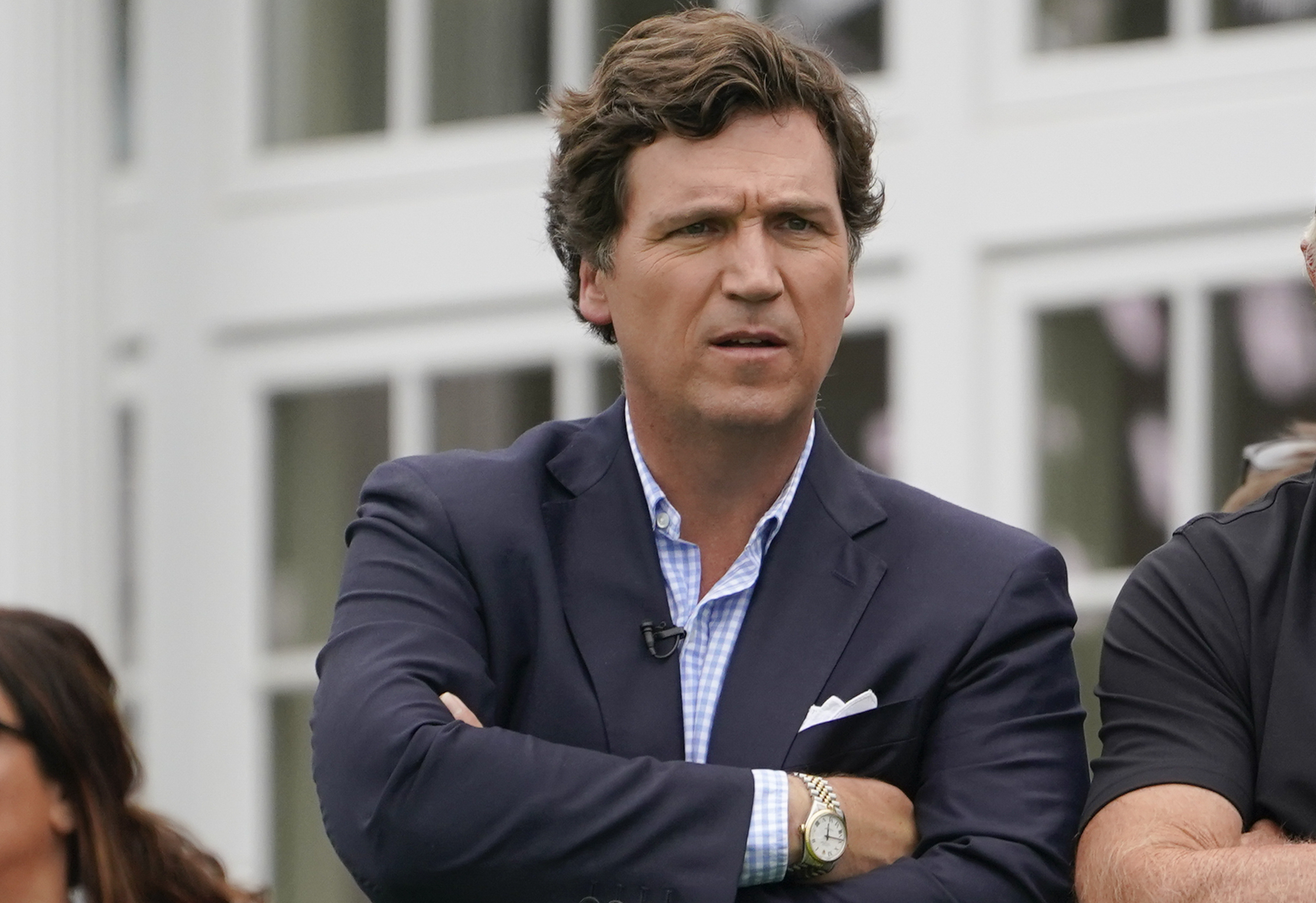 Will Twitter save Tucker Carlson?
Will Twitter save Tucker Carlson?Talking Point The platform may be a boon to the ex-Fox host. But it's a tricky tightrope to walk for the social media giant. Will it last?
-
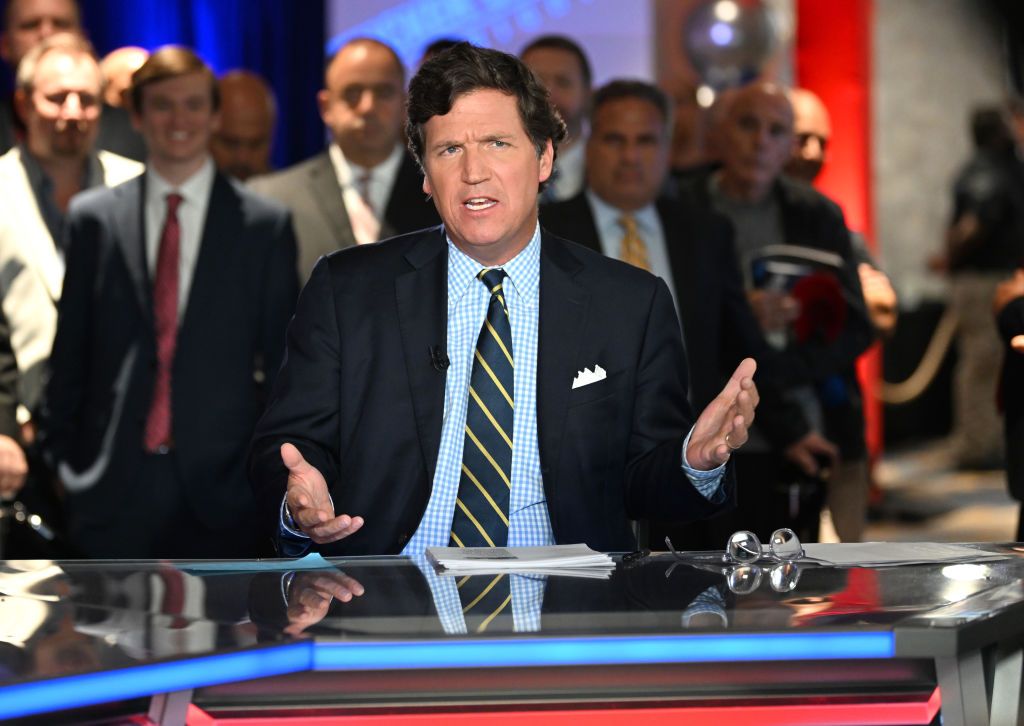 Tucker Carlson launching a 'new version' of his show on Twitter
Tucker Carlson launching a 'new version' of his show on TwitterSpeed Read
-
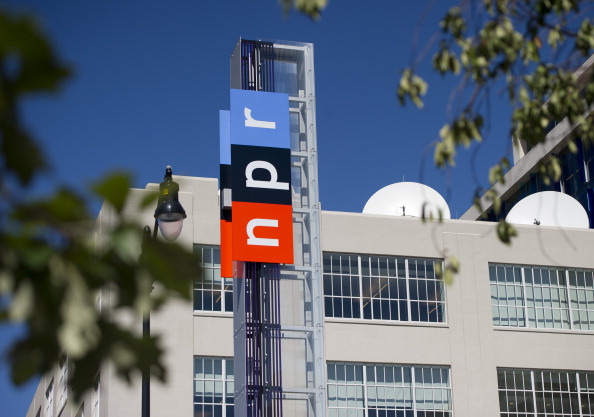 NPR quits Twitter following 'state-affiliated' label, says it 'undermines our credibility'
NPR quits Twitter following 'state-affiliated' label, says it 'undermines our credibility'Speed Read
-
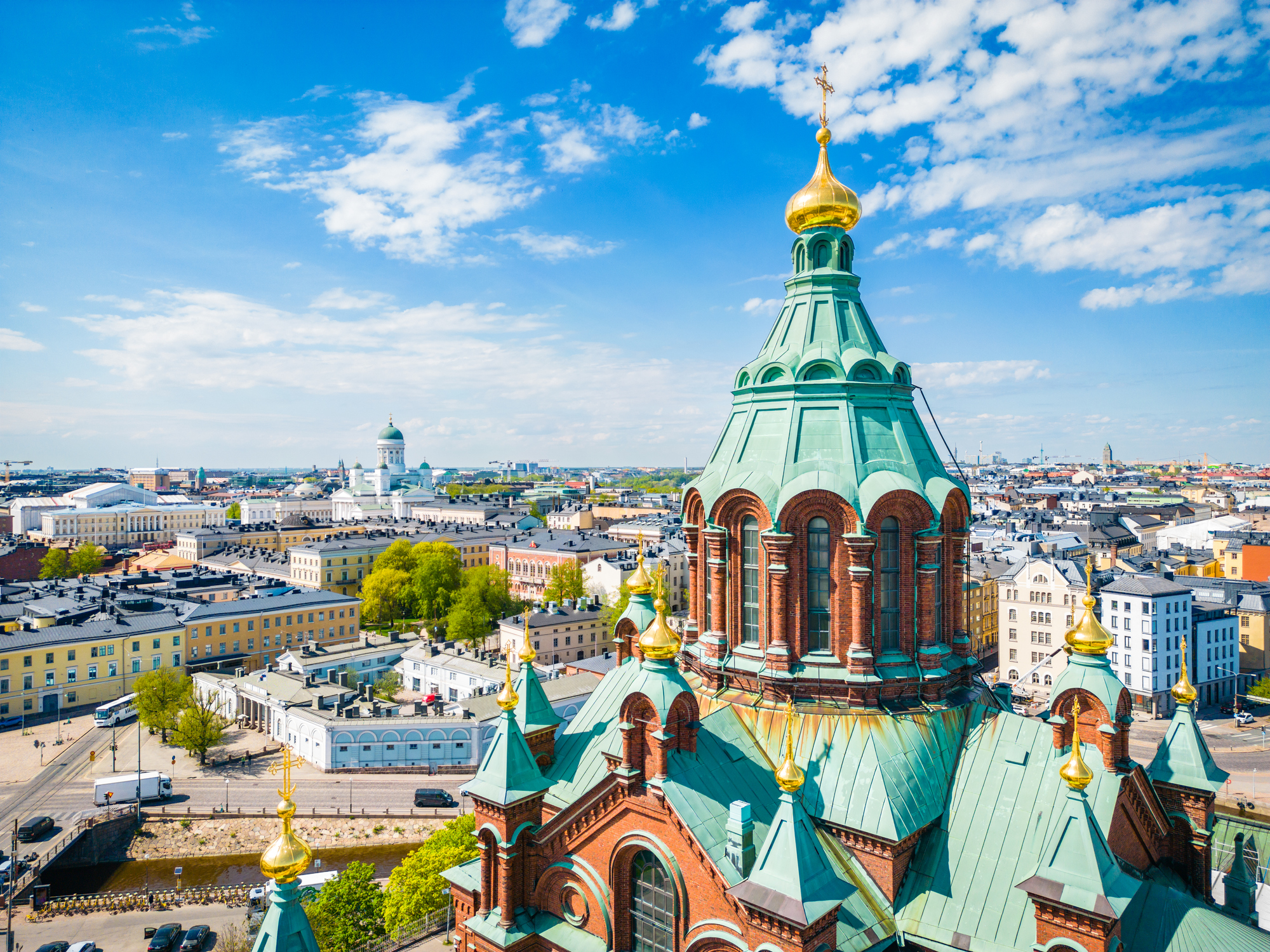 Global happiness has been 'remarkably resilient' over the past three years
Global happiness has been 'remarkably resilient' over the past three yearsfeature
-
 Ministers considered killing all cats during pandemic
Ministers considered killing all cats during pandemicfeature And other stories from the stranger side of life